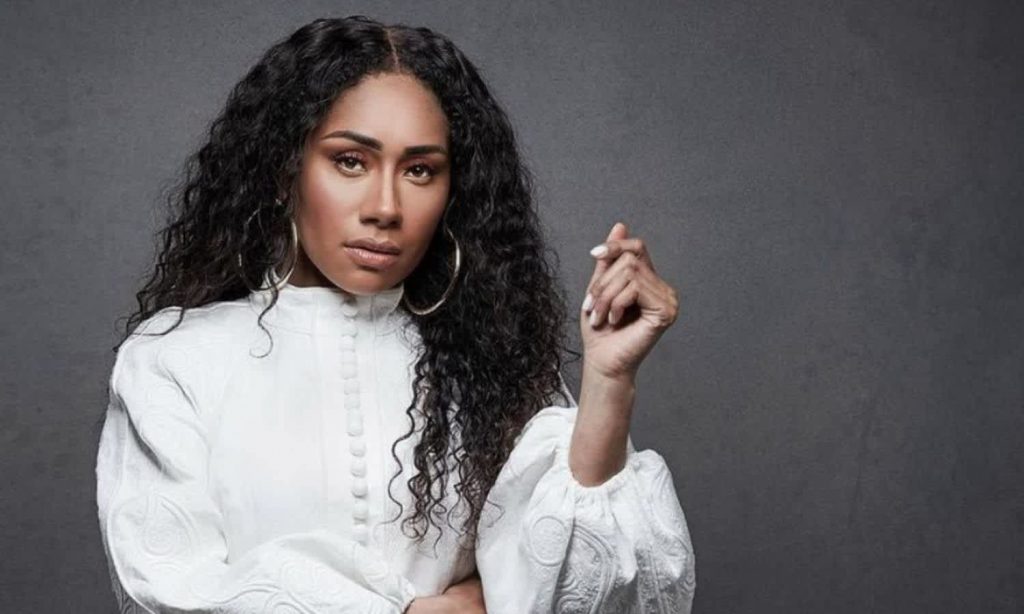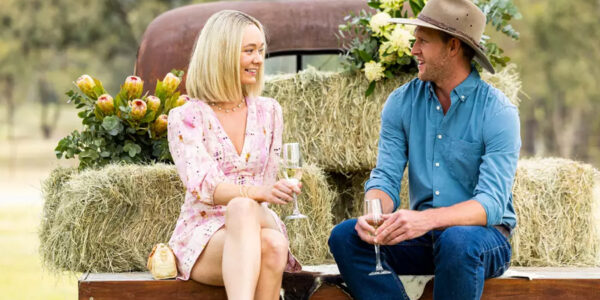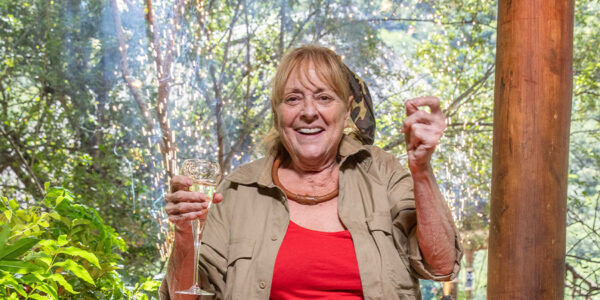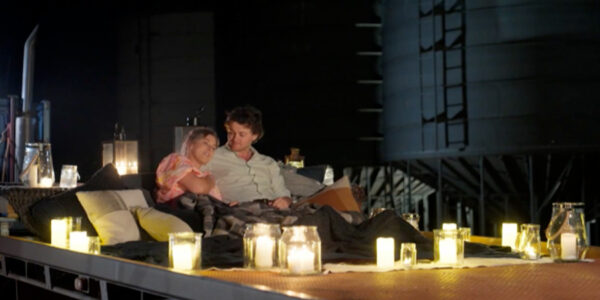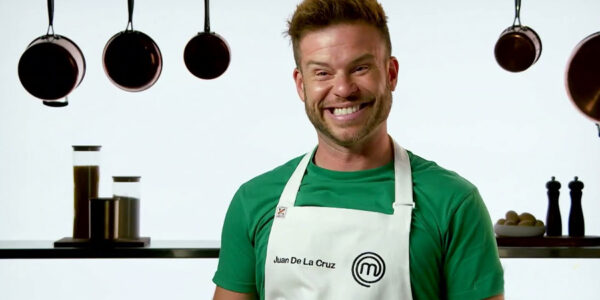On Monday’s (January 11) episode of, I’m a Celebrity…Get Me Out of Here!, Paulini Curuenavuli opened up about her experience with racial discrimination in primary school, disclosing that she was badly bullied simply for being “black.”
The Australian Idol alum told fellow singer Jack Vidgen that the Black Lives Matter protests of 2020 had brought back many bad memories because it reminded her of the harassment she endured not only from her peers but from teachers and parents too.
“I don’t know if I’ve ever really dealt with it. I don’t think I have because I feel like maybe it has a lot to do with how I am now,” Paulini said as she choked back tears.
The 38-year-old singer went on to explain that her experience had been so traumatic that she had refused the opportunity to return to her alma mater to give a talk in front of the students.
“No way in the world would I ever step near that school,” she said. “Like, that’s how bad the whole experience was for me.”
As someone who is mixed race and the product of parents who emigrated to Australia in 1969, watching Paulini share her story struck a nerve.
Over the years I have listened in horror as my mother and two older siblings have recounted their experiences with racism in this country. My father, brother and sister were often on the receiving end of racial slurs, my parent’s interracial marriage (Mum is English and white, Dad is Indian and very dark skinned) evoked no shortage of criticism and my father was denied countless job opportunities due to the colour of his skin.
My Mum has also recounted how she once found an ad for an apartment in the paper, called to check it was still available (it was) and sent my Dad to go check it out. The woman leasing the flat told him it had already been rented and sent him away. Sensing some seriously racist BS, my Mum marched my Dad and infant brother over to the pad, made my Dad hide in a bush and knocked on the door. The same woman who had, minutes before, turned my father away, immediately invited Mum in for a tour and was mortified when my badass mother pulled my Dad out of the bush and exposed the woman in her lie.
So, while I knew that these types of things had happened in the ’60s and ’70s, by the time I was born, the party line was that Australia was this glorious melting pot of diversity and that was something we celebrated. For me, this rang true as I suffered none of the same discrimination that my parents and siblings had before me. Yes, I was bullied, but never for my race, and that lulled me into the false sense of security that this country had truly changed for the better.
To discover that Paulini, who is only a year younger than me, was experiencing a completely different Australia, was a stark reminder that the celebrated “multicultural society” we were told existed, only existed for some.
It’s as though our national level of acceptance extended only as far as people who were mixed race; the presence of “whiteness” in their genetic makeup allowing them access to an exclusive club that non-white citizens couldn’t infiltrate. If you were mixed-race, you were fetishised. If you were Black, Asian or Indigenous you were excluded, bullied or worse.
It would be wonderful to believe that, in the years since Paulini (and I) were in primary school, things had changed for the better and that Australia had become the utopia of equality we desperately want it to be. However, 2020’s spotlight on Indigenous deaths in custody and Travis Varcoe’s heartbreaking revelation of why he refuses to take his kids to AFL games are just two pieces of proof that there is still so much work to be done.
My greatest hope is that we are all willing to roll up our sleeves and do it.


